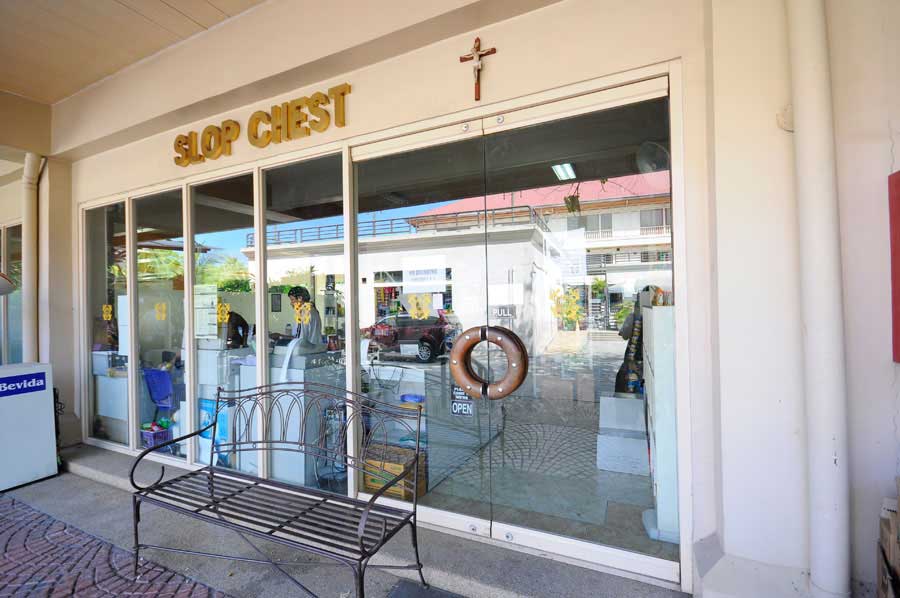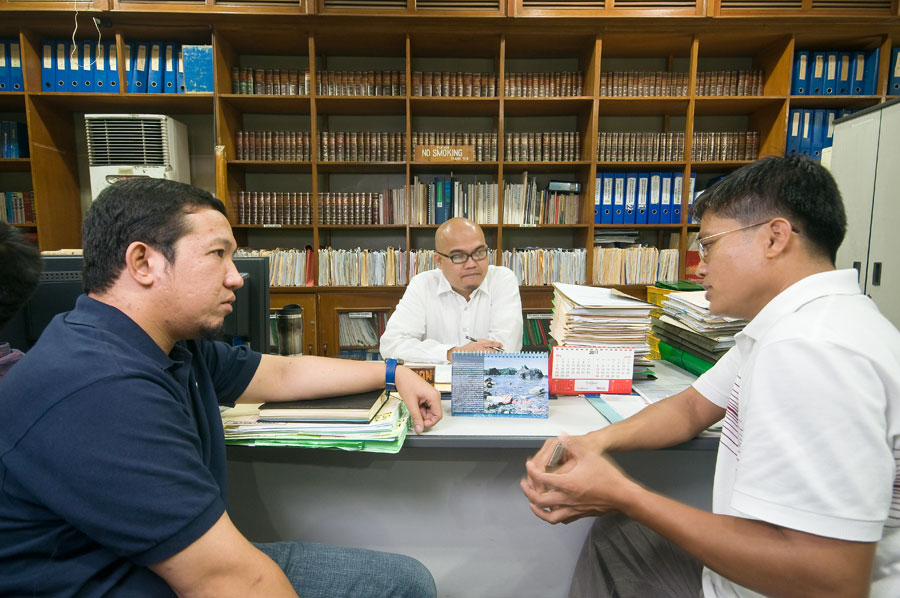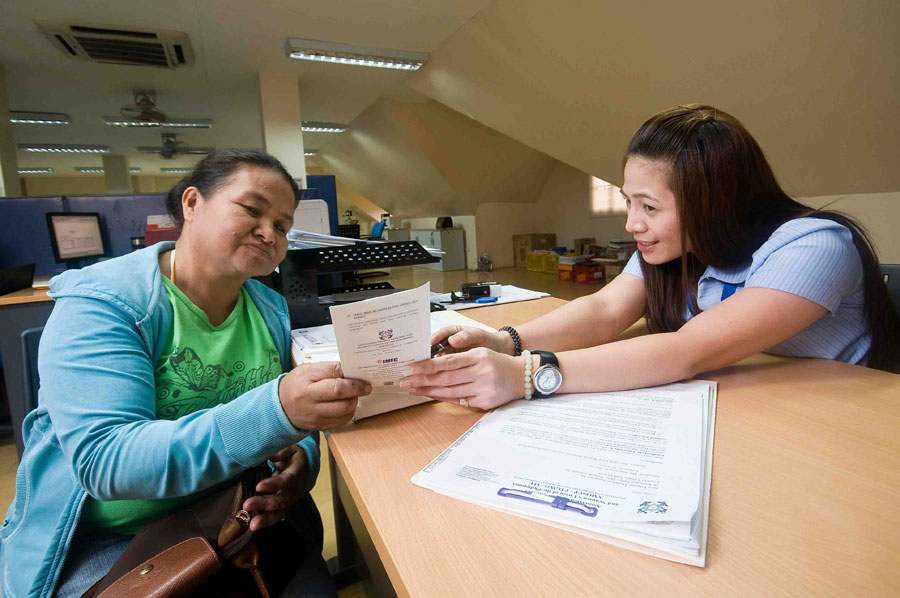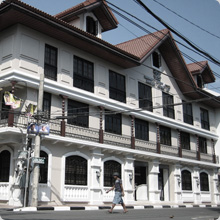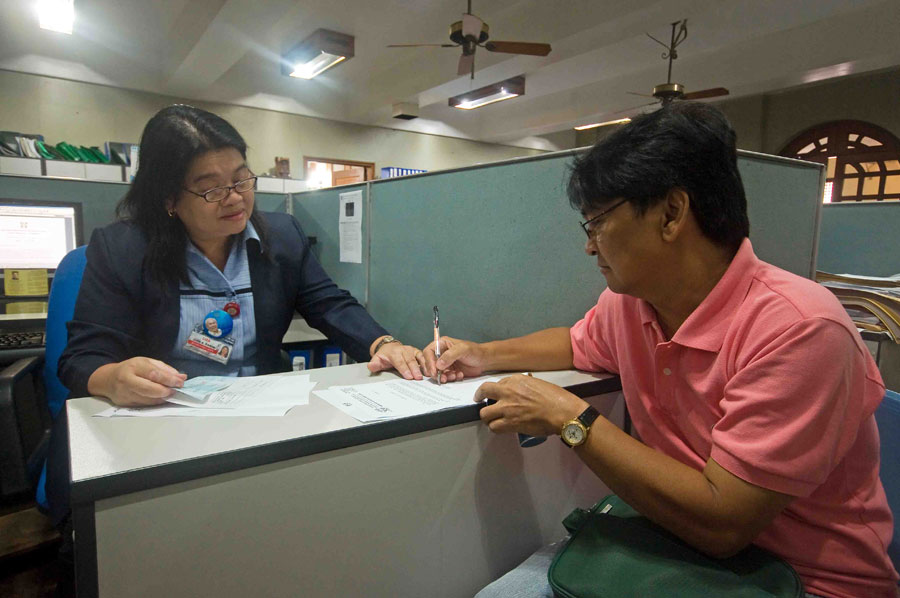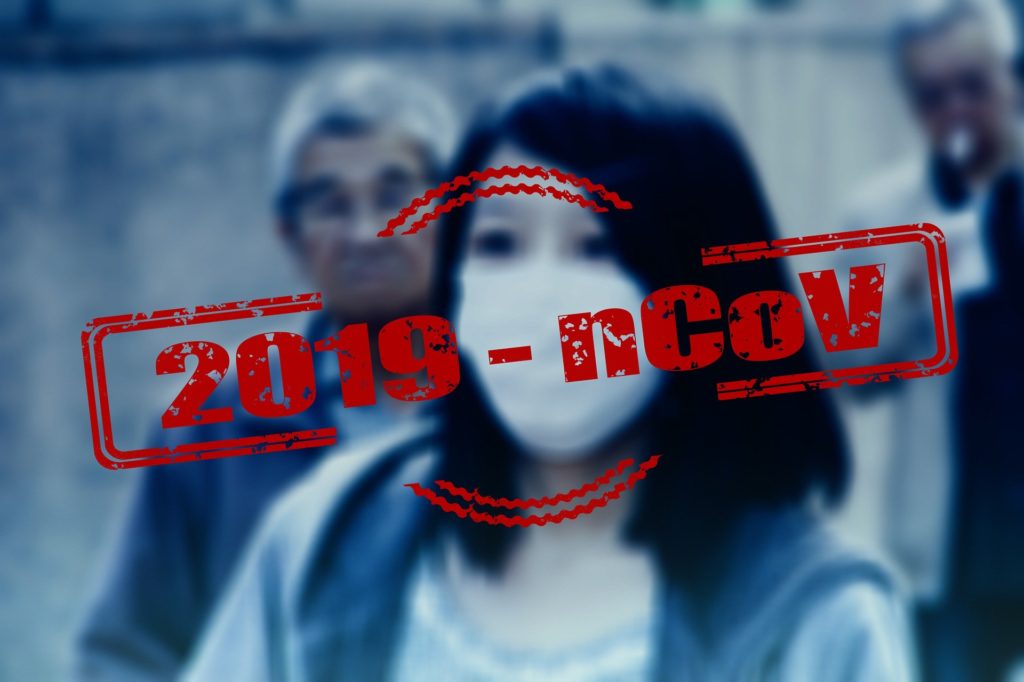
The ITF is closely following all advice from the World Health Organisation (WHO) regarding the current outbreak which originated in Wuhan city, a major domestic and international transport hub.
We call on all governments and transport companies to implement all measures available to them to limit the risk of transmission of the deadly coronavirus to transport workers globally. This is particularly important for airline, border, cruise workers, seafarers and port workers who are in the frontline of the outbreak.
WHO has advised governments to prepare for containment, including active surveillance, early detection, isolation, case management, contact tracing and prevention of the onward spread of infection.
Governments worldwide should immediately act and implement strict biosecurity protocols in airports and ports, including procedures to identify potentially infected passengers, crew and seafarers from areas of concern, to contain the outbreak and minimise any chance of exposure and safeguard workers from the deadly outbreak.
Airlines, airports, cruise line operators, shipping companies and port operators must provide workers with the latest information regarding the outbreak, follow best practice in regard to health and safety protocols and supply of personal protective equipment, put into effect procedures to identity symptomatic travellers, crew and/or workers, and set clear guidelines for workers managing suspected cases of infection.
Safe crewing and manning levels must be applied to ensure that crews have adequate rest in line with national legislation.
More detailed advice is provided below for aviation workers and airlines and for seafarers, dockers and the maritime industry. All of this advice is applicable to all workers and companies across all transport sectors.
Advice for airlines and aviation workers
Airlines should not restrict workers ability to protect themselves from exposure in any way, including:
- Allowing airline crews and ground staff to wear protective equipment as desired – including rubber gloves and facemasks.
- Allowing airline crews and ground staff time and adequate breaks to take all necessary precautions to protect themselves from exposure.
- Should an aviation worker become infected, isolation at home should be prioritised, and the workers must continue to be paid appropriately.
Advice for crew members:
- Encourage all onboard to practice hand and respiratory hygiene especially when coughing or sneezing.
- Crew should use hand sanitiser/wash hands following contact with any passenger or other crew.
- If on a layover in a country with a known coronavirus outbreak, crew are advised to remain in hotel accommodation as much as possible and practice hand and respiratory hygiene and safe food practices (see more below).
If a traveller or crew member onboard has signs and symptoms of infection, follow the International Air Transport Association (IATA) guidelines for cabin crew:
- Ask the ill traveller where he/she has travelled in the last 21 days.
- Call for medical support on the ground or medical assistance on board and follow their advice.
- If possible, try to isolate the ill traveller and relocate the adjacent passengers. If no seats are available, consider giving masks to the adjacent passengers.
- Designate one cabin crew member to look after the ill traveller.
- Designate a specific lavatory for the exclusive use of the ill traveller.
- Request the passenger or crew member use a face mask and replace as needed.
- Encourage the passenger to practice hand and respiratory hygiene:
- Provide tissues and advise traveller to cover their mouth and nose when speaking, sneezing or coughing.
- Advise the ill traveller to practice proper hand hygiene.
- Provide an airsickness bag to be used for the safe disposal of the tissues.
- Crew should stay one metre or more away from the ill passenger unless wearing appropriate protective equipment.
- If touching the ill passenger is required crew should wear appropriate protective equipment.
- All soiled items (tissues, masks, blankets etc.) should be stored in a biohazard bag if available, if not seal in plastic bag and label it ‘biohazard’.
- Ask accompanying traveller(s) if they have any similar symptoms.
- Advise the captain to report the suspected case(s) to air traffic control and local public health authorities.
- Unless advised otherwise by health officials, ask all travellers seated in the same row, 2 rows in front and 2 rows behind the sick traveller to complete a passenger locator form if available.
Advice for the maritime industry, seafarers and dock workers
Much of the advice for aviation workers is relevant for the workers on cruise ships and across the maritime industry and transport industry more broadly.
The following advice from the International Maritime Health Association is more specific to the maritime industry, seafarers and dock workers:
- Do not restrict embarkation/disembarkation of seafarers in non-affected ports
- Do not restrict necessary ship visits by port agents, chaplains, service personnel and others.
- Do not visit food markets in China and avoid provision of fish and poultry in China.
- Do not consume raw eggs, milk, meat.
- Observe strict food hygiene to avoid cross contamination
- Ensure facial protection is provided for all crew (5 pieces /per person)
- Provide influenza vaccination, alcohol-based hand sanitiser and facial protection for ship inspectors and other crew who travel to China.
- If a crew member on board falls sick and has been travelling to affected areas 2-12 days before embarkation, the person must stay in his/her cabin.
- If a crew member is sick on board a ship, fill out the maritime declaration of health and notify the relevant port authority and consult a healthcare providers in the next port.
Ways to protect yourself and others from coronavirus
There is currently no vaccine to prevent Corona virus infection, the best way to protect yourself from infection is to avoid being exposed to this virus.
Following advice from the UN lists everyday habits that can help prevent the spread of the virus:
- Frequently wash your hands with warm water and soap for at least 20 seconds or use an alcohol-based hand sanitiser.
- Cover your mouth and nose with a flexed elbow or tissue when sneezing or coughing.
- Avoid touching your eyes, nose and mouth with unwashed hands.
- Avoid close contact with anyone who has a fever or cough.
- Stay at home if you are sick.
- Seek early medical help if you have a fever, cough and difficulty breathing, and share their travel history with healthcare providers.
- Avoid direct, unprotected contact with live animals and surfaces in contact with animals when visiting live markets in affected areas.
- Avoid eating raw or undercooked animal products and exercise care when handling raw meat, milk or eggs to avoid cross-contamination.
ITF will provide further updates as appropriate. Keep up to date with WHO advice on their website.


